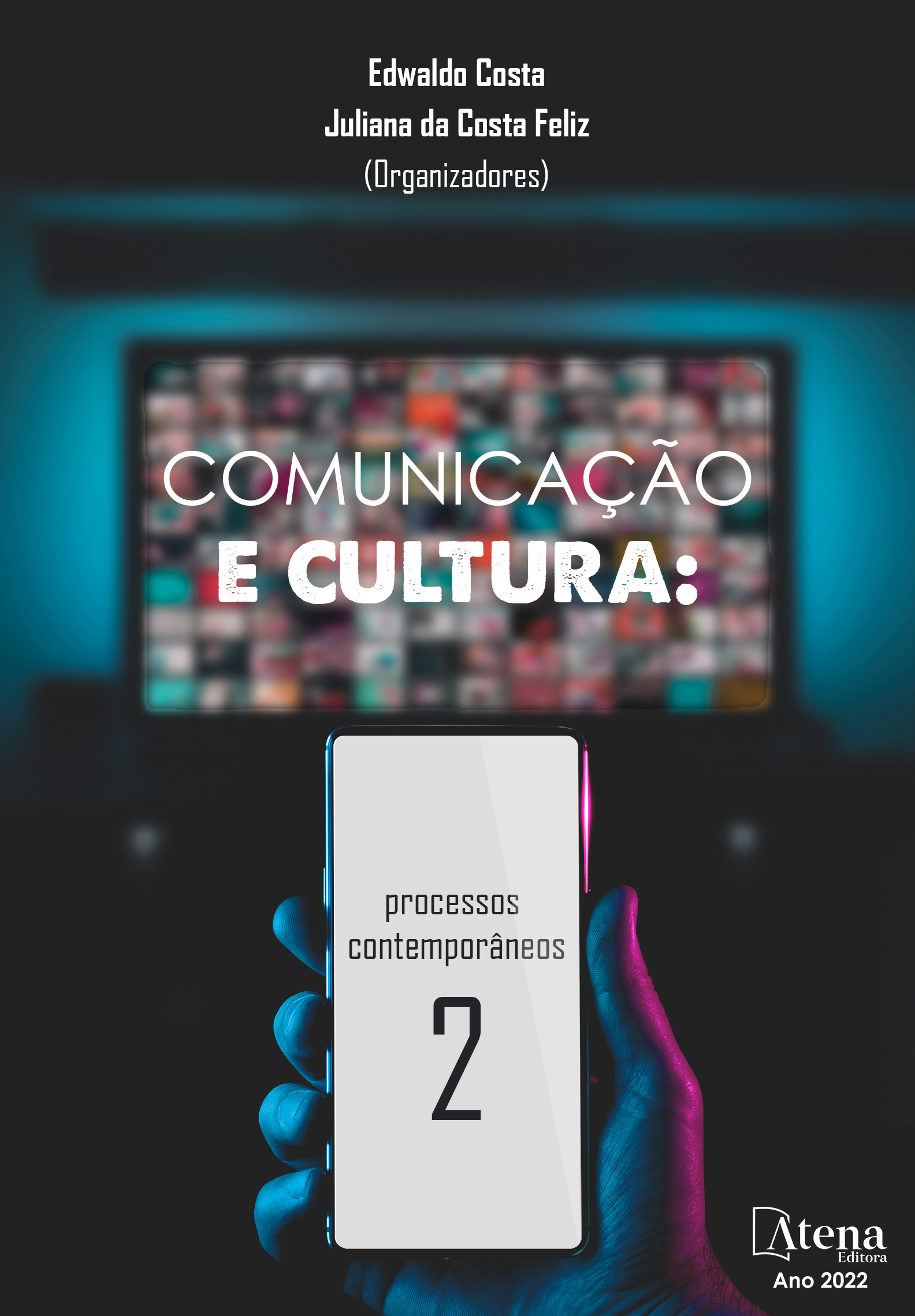
LAS COMUNICACIONES: UN RETO EDUCATIVO DURANTE LA PANDEMIA
Durante la pandemia del COVID-19 se generaron una serie de
cambios de manera intempestiva en la forma de enseñar y aprender por parte de los docentes y estudiantes respectivamente, lo cual produjo una serie de nuevas metodologías que se implantaron a nivel virtual. A través de este trabajo se plantea encontrar los desafíos en la comunicación entre docentes y estudiantes de los grados noveno, décimo y undécimo en el Instituto Colombo Venezolano (ICOLVEN) localizado en Medellín, Colombia durante la presencialidad asistida por tecnología en pandemia, para así poder brindar herramientas que ayuden en el proceso de enseñanza en momentos de crisis que se avecinen de manera intempestiva. En su metodología, el enfoque de la investigación es cuantitativo, el
diseño es no experimental, de tipo transversal y descriptivo. La información se recogió con un cuestionario validado por expertos cuyo índice de validez fue de 0.98. Los resultados fueron analizados por el software SPSS y fue sometido a la prueba de fiabilidad Alpha de Cronbach con un total de 0,874. Los resultados mostraron que sí hubo grandes desafíos en la comunicación, que, si bien
perturbaron las clases, no se observó gran perjuicio en el resultado académico. Se concluye que, aunque hubo desafíos en la comunicación durante las clases online en pandemia, se lograron superar para alcanzar buenos resultados académicos. Se sugiere continuar el proceso de educación en las TIC para estudiantes y docentes y seguir haciendo uso de los recursos tecnológicos en el proceso de enseñanza aprendizaje. Además de seguir humanizando la enseñanza y se busque perfeccionar los procesos académicos resaltando siempre el cuidado del ser individual y el cuidado de otros en la sociedad.
LAS COMUNICACIONES: UN RETO EDUCATIVO DURANTE LA PANDEMIA
-
DOI: 10.22533/at.ed.0502212073
-
Palavras-chave: Pandemia, trastornos en las comunicaciones, plataformas, Presencialidad Asistida por Tecnología, confinamiento.
-
Keywords: Pandemic, communication disorders, platforms, Technology-Assisted Presence, confinement.
-
Abstract:
During the COVID-19 pandemic, there was a generation of a series of untimely changes in the way teachers and students teach and learn, respectively, which produced an implementation of a series of new methodologies at the virtual level. This work pretends to find the challenges in the communication between teachers and students of the ninth, tenth, and eleventh grades at the Instituto Colombo Venezolano (ICOLVEN), located in Medellín, Colombia, during the study called presence assisted by technology in the pandemic, to be able to provide tools that help in the teaching process in moments of crisis that are approaching in an
untimely manner. The research, methodologically, is quantitative with a design non-experimental, cross-sectional, and descriptive. The information was collected with a questionnaire validated by experts whose validity index was 0.98. The results were analyzed by SPSS software and submitted to the Cronbach Alpha reliability test with a total of 0.874. The results showed that there were challenges
in communication and that although they disturbed the classes, there was no detriment in the academic results. In conclusion, although there were challenges in the communications during classes online during the pandemic, they achieved good academic results. The recommendation is to continue the ICT education process for students and teachers and use technological resources in the teaching-learning process. In addition, the humanization of teaching is very important and seeks to improve academic processes, always emphasizing the care of the individual being and others in society. -
Número de páginas: 15
- Jasleidy Ruiz Herrera
- Onasis Losada Zamora
- Maria isabel Ramírez Garzón
- Teresita de Jesús Marrugo Puello


